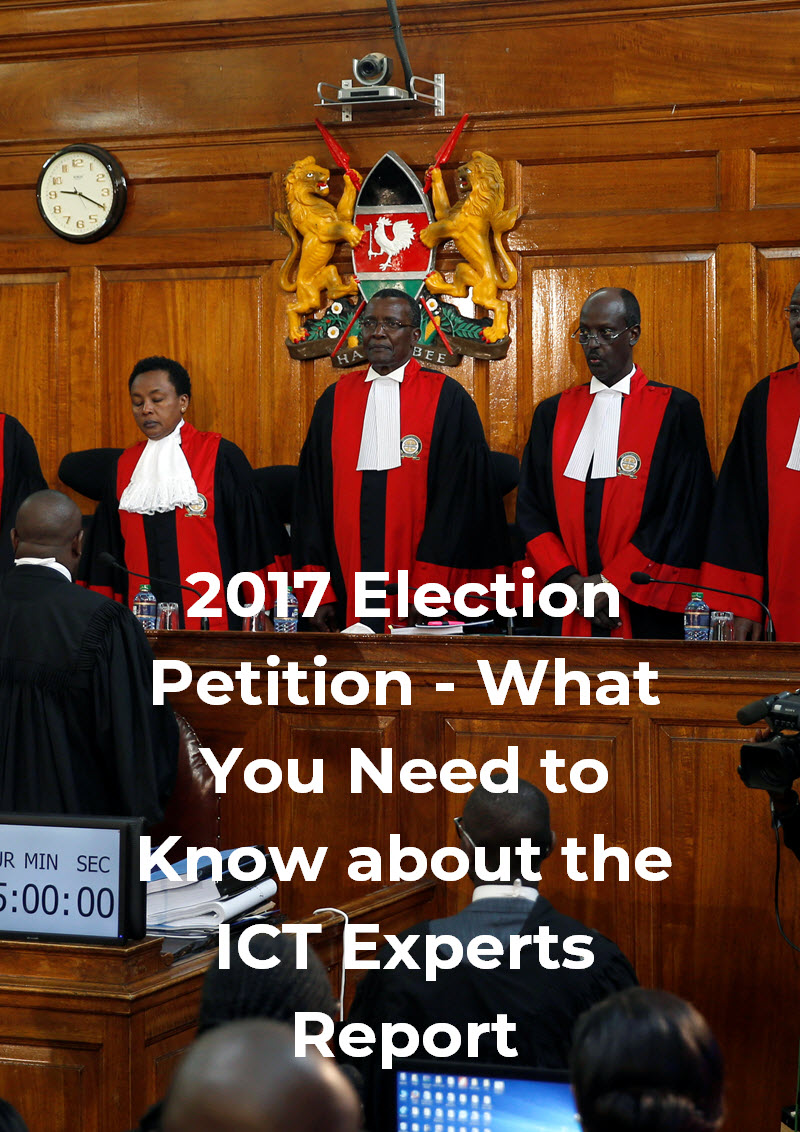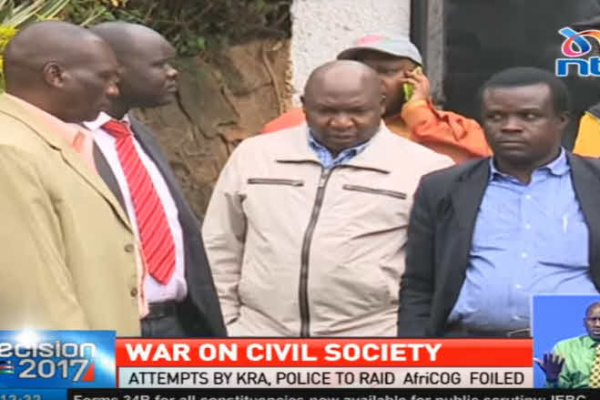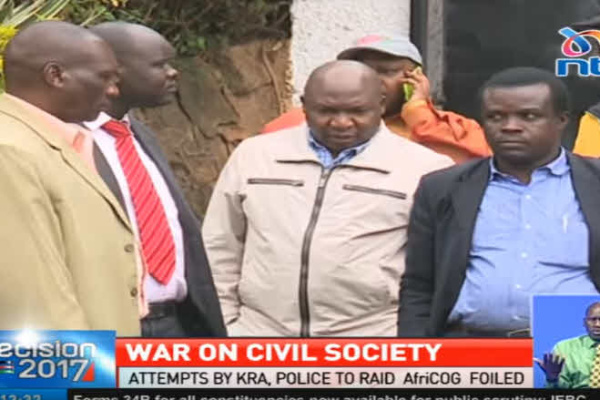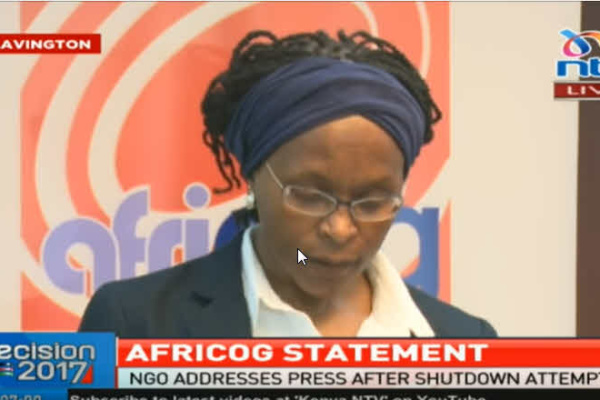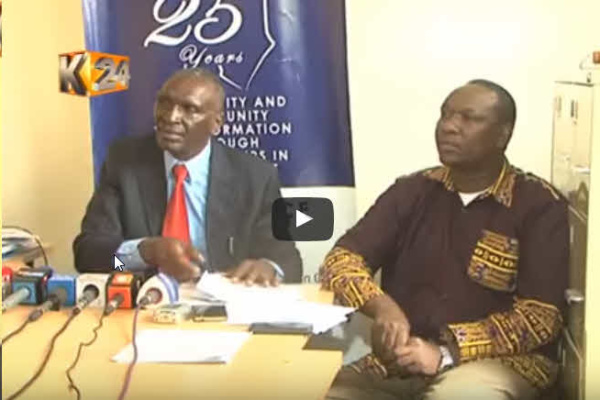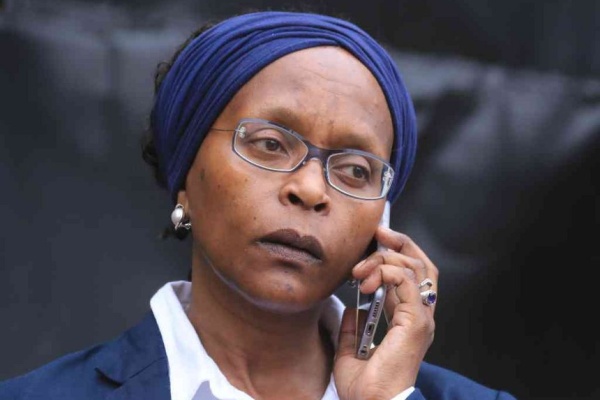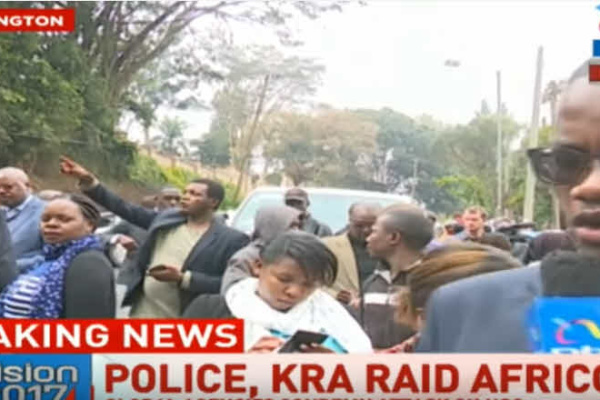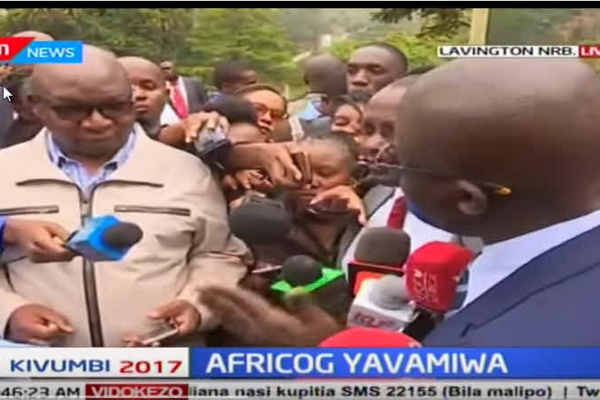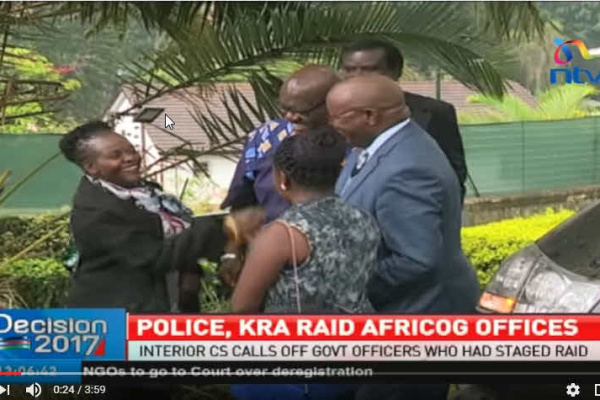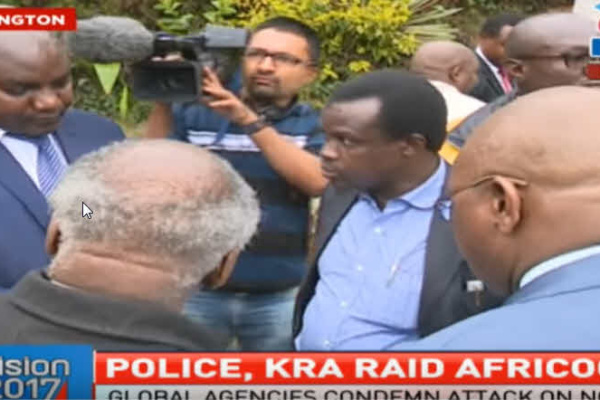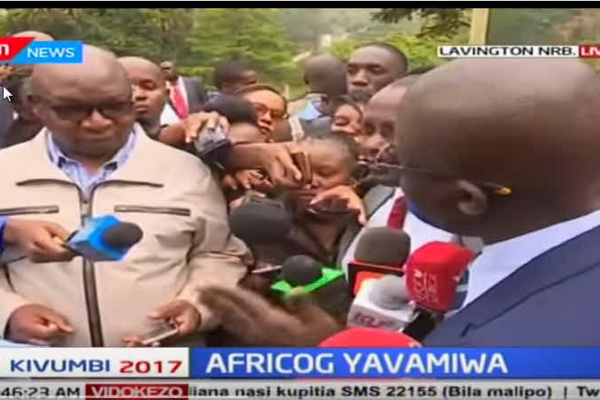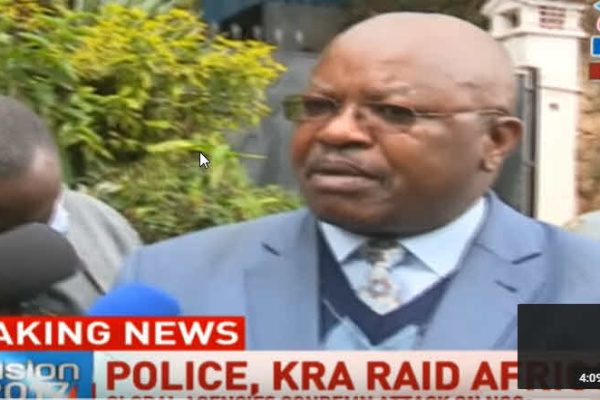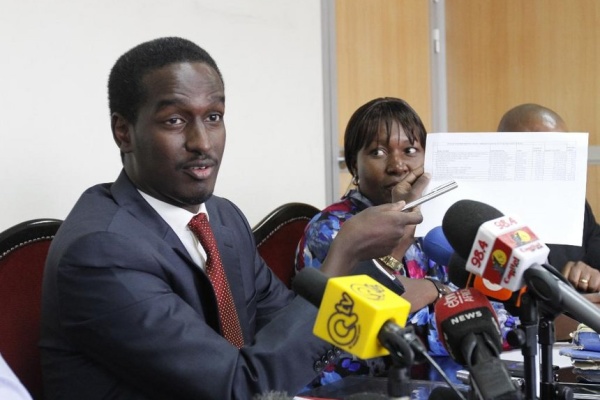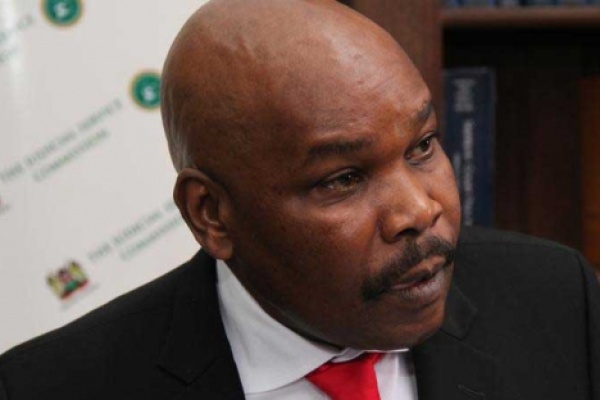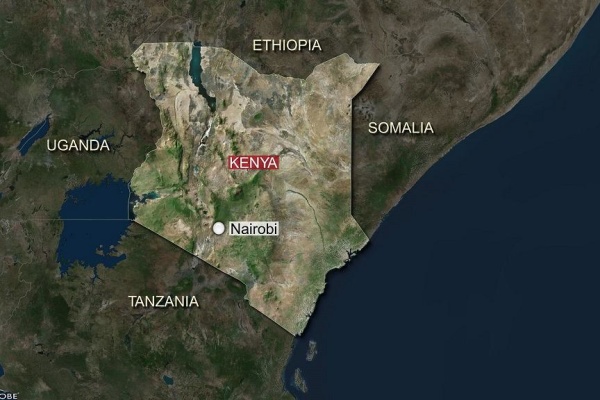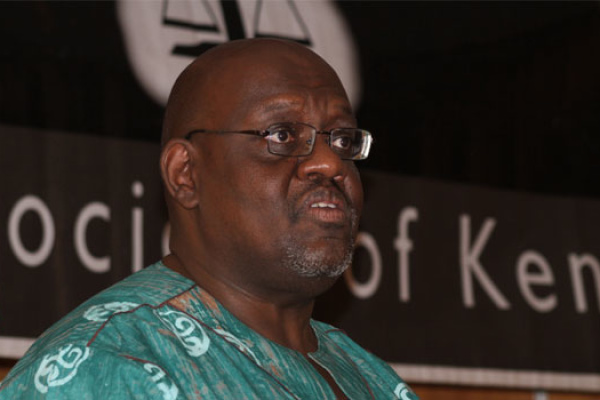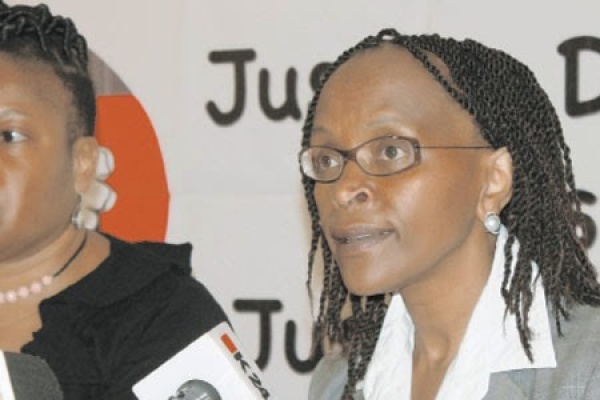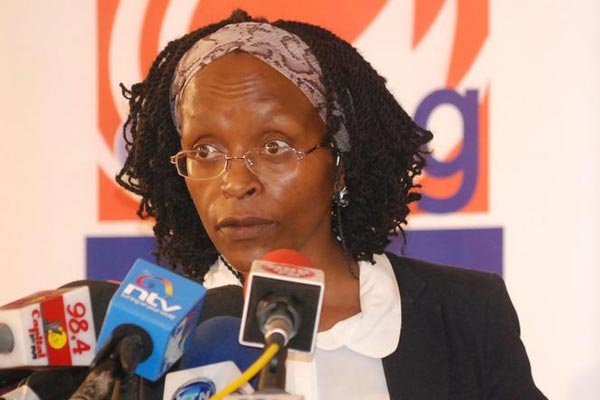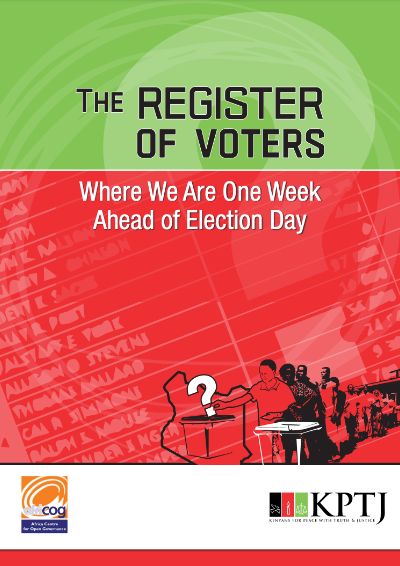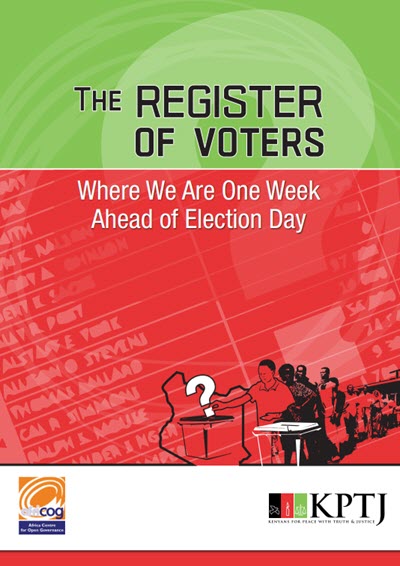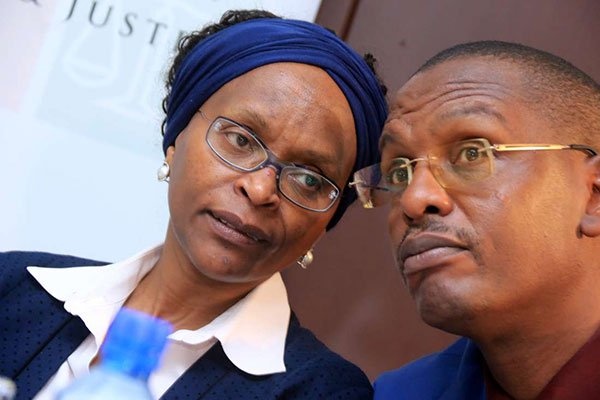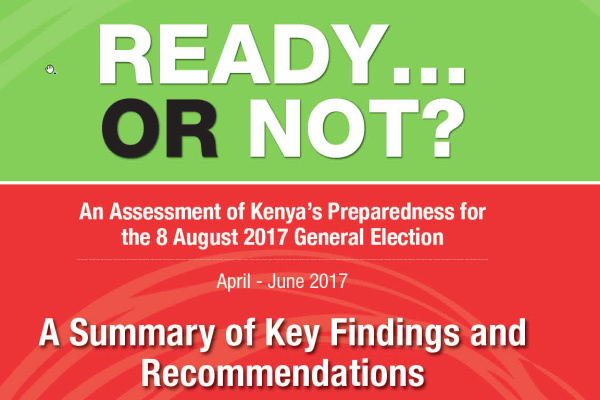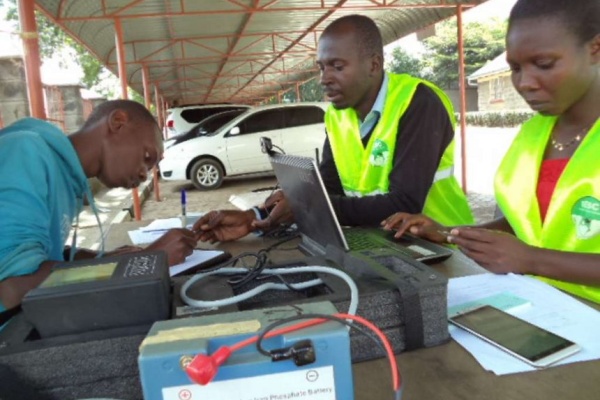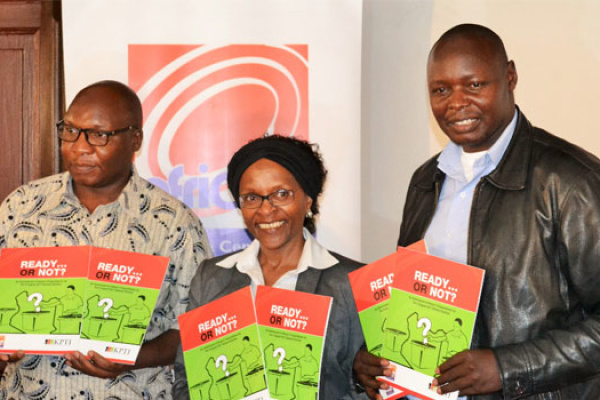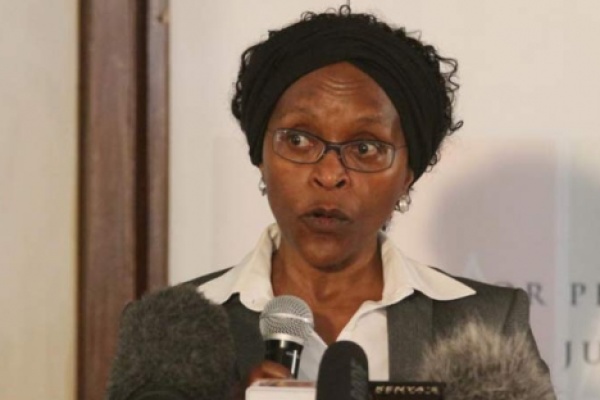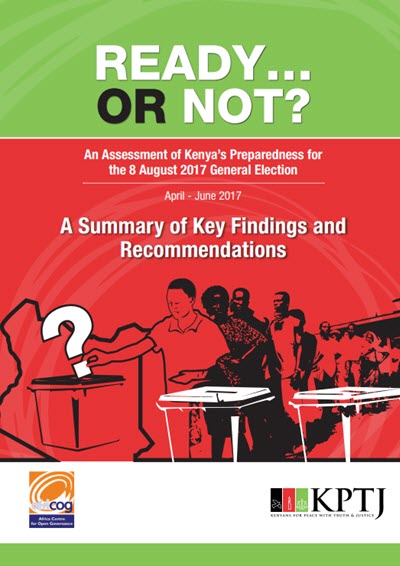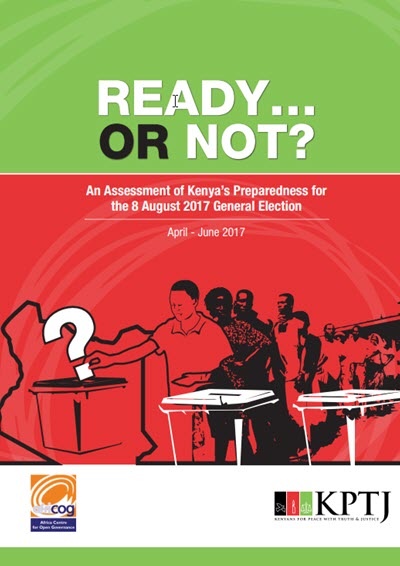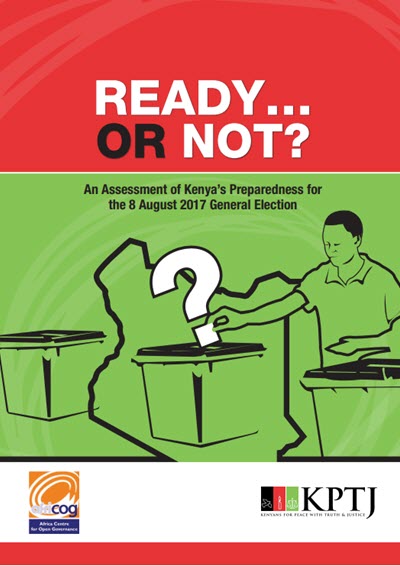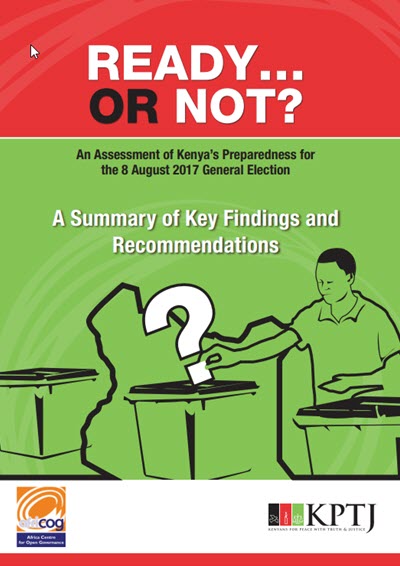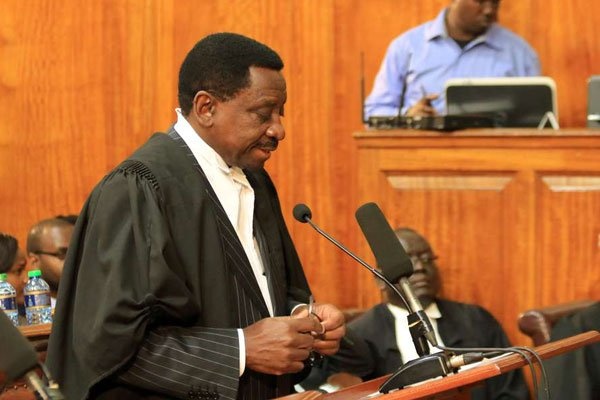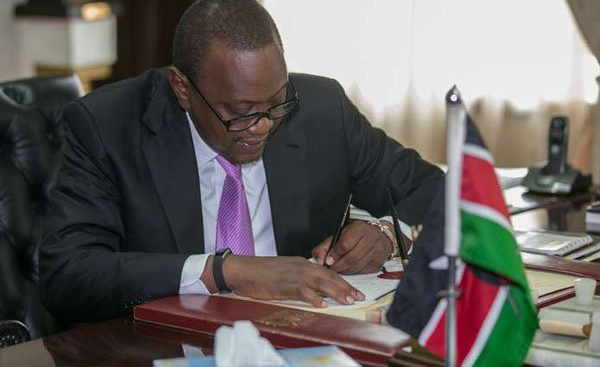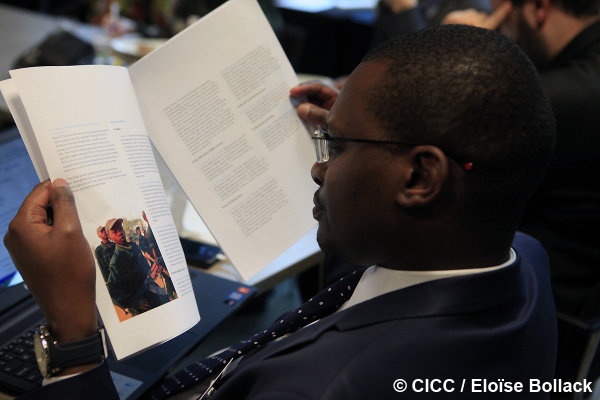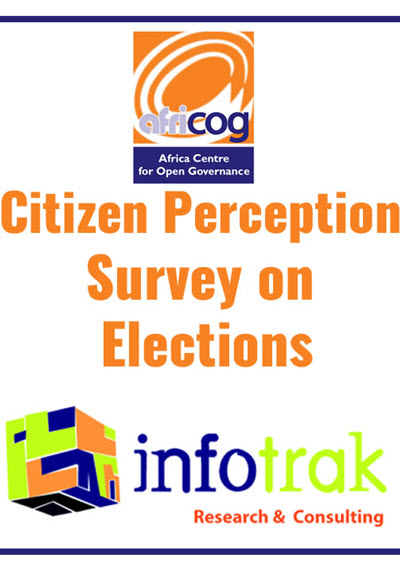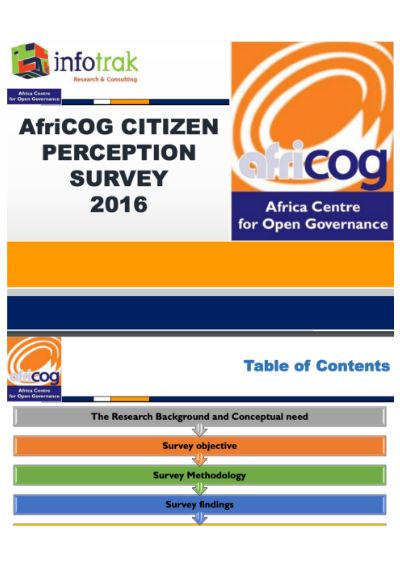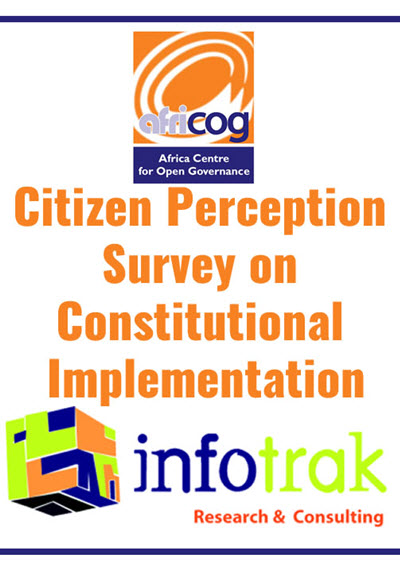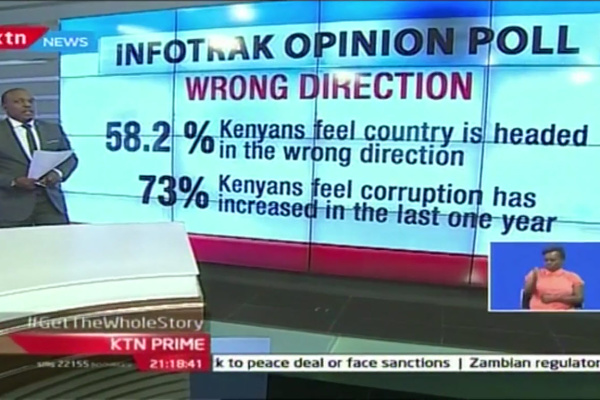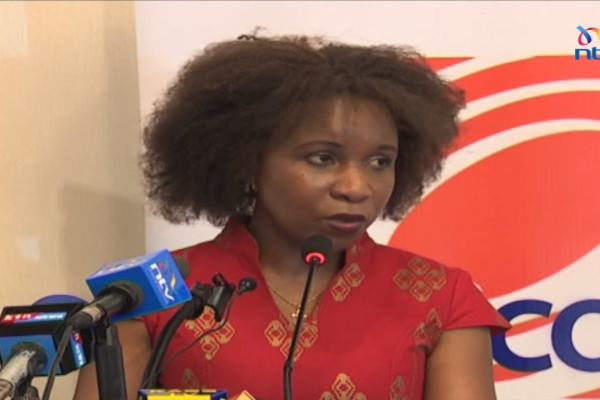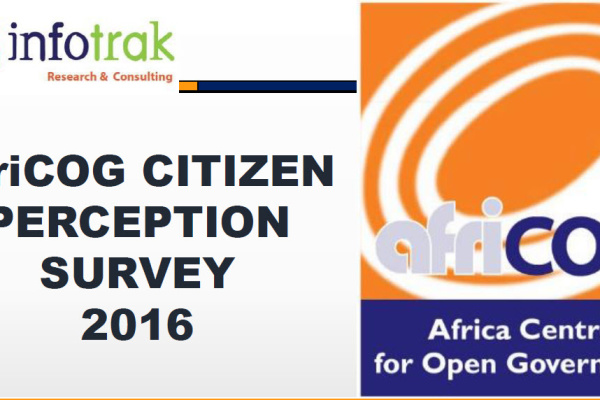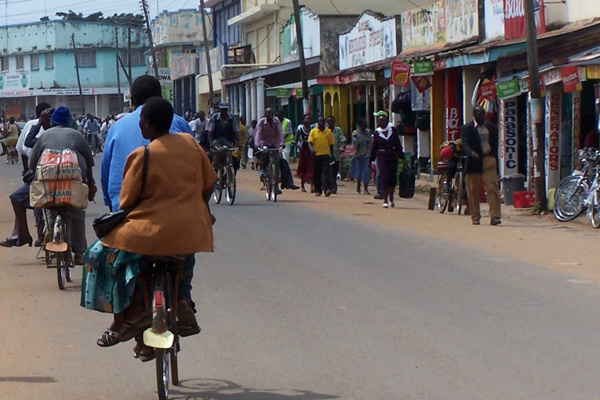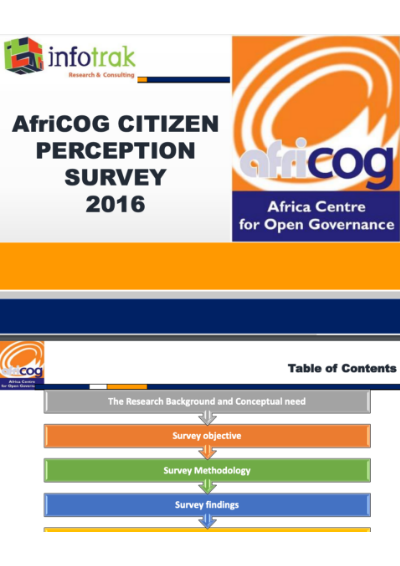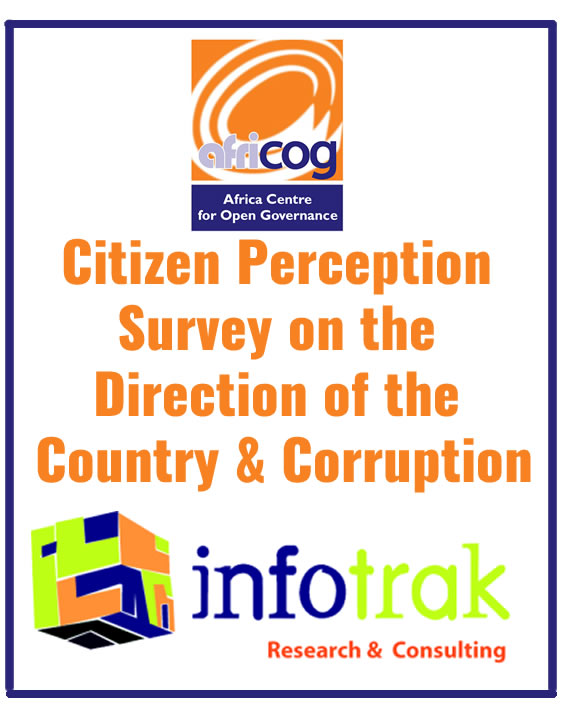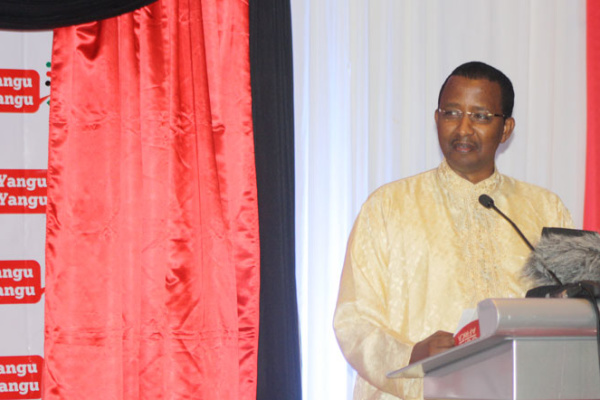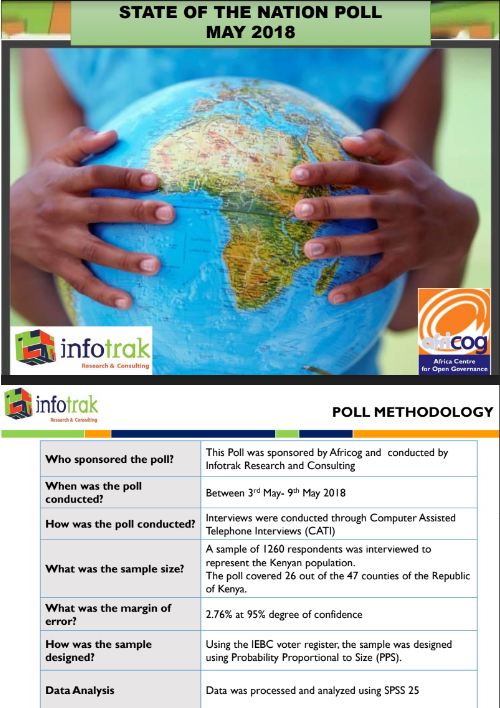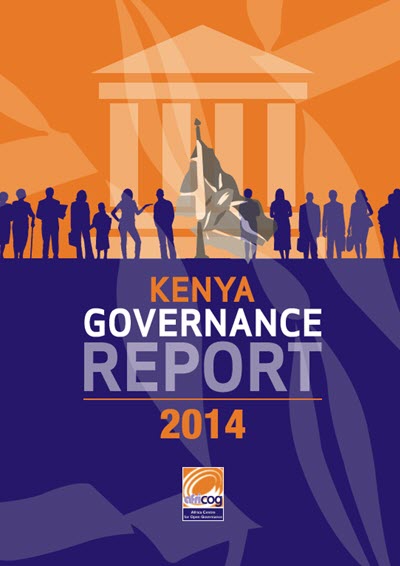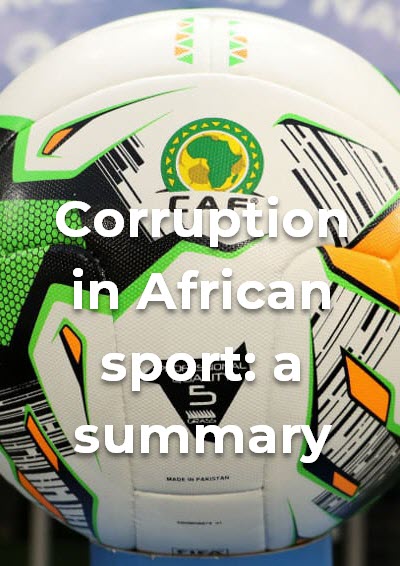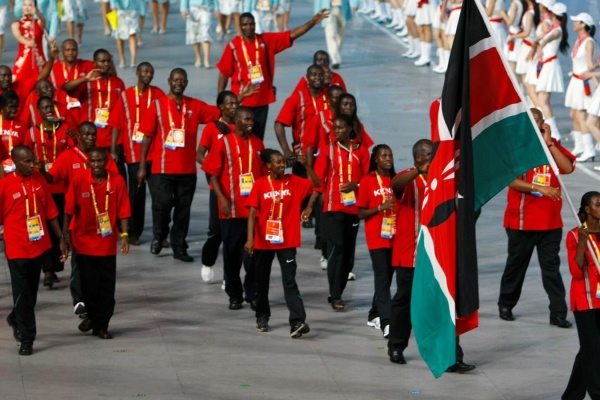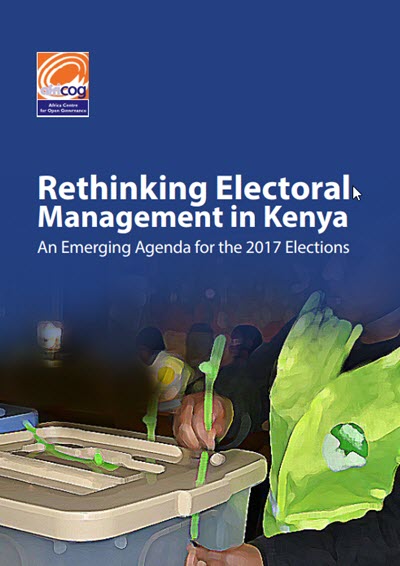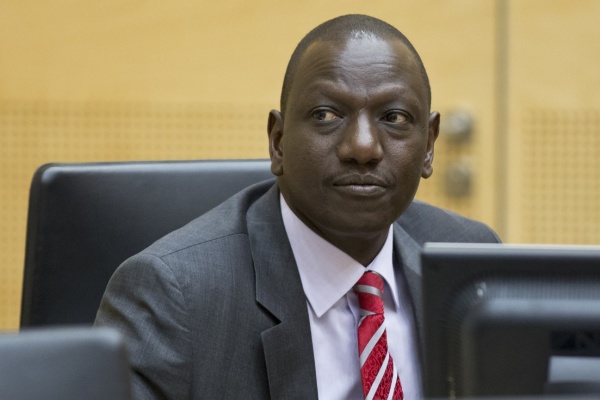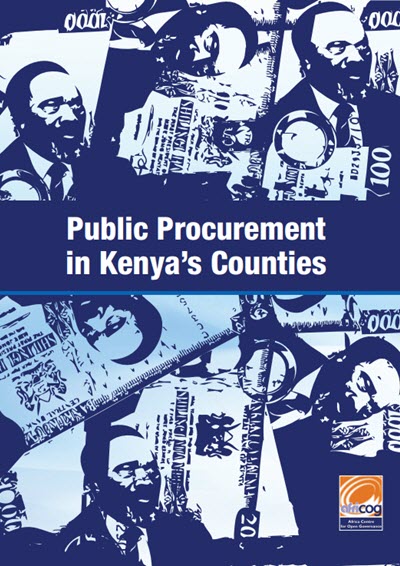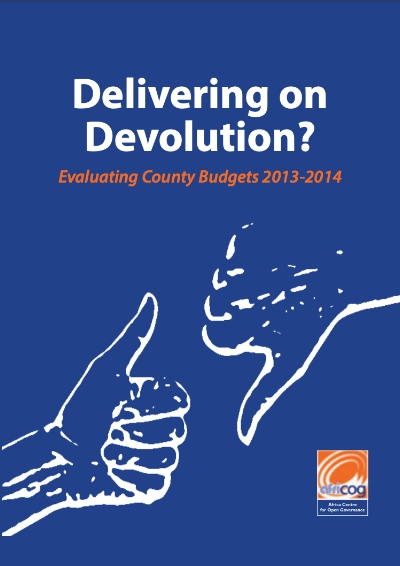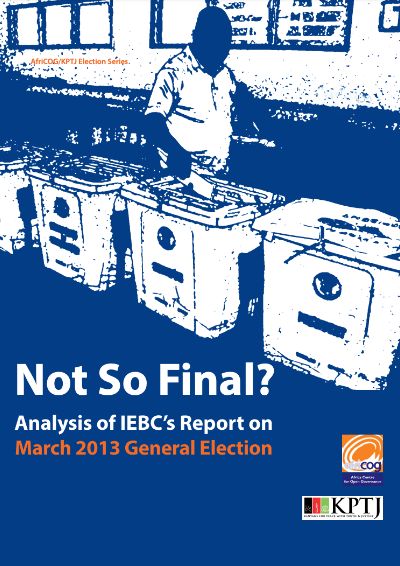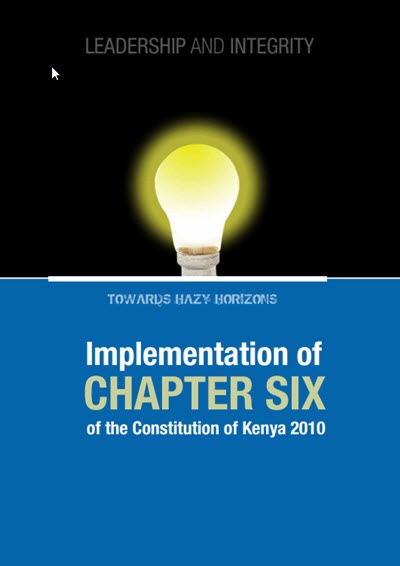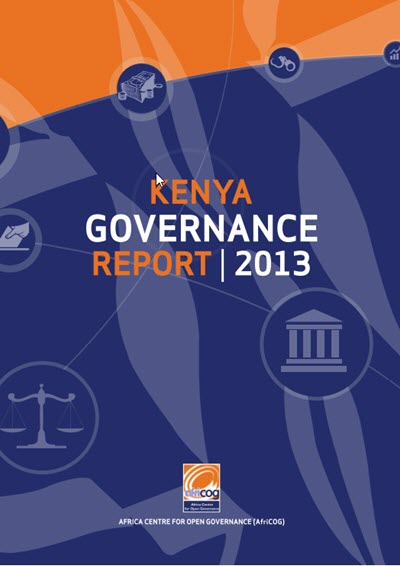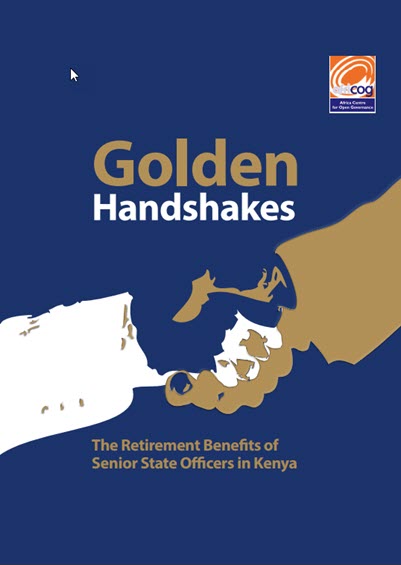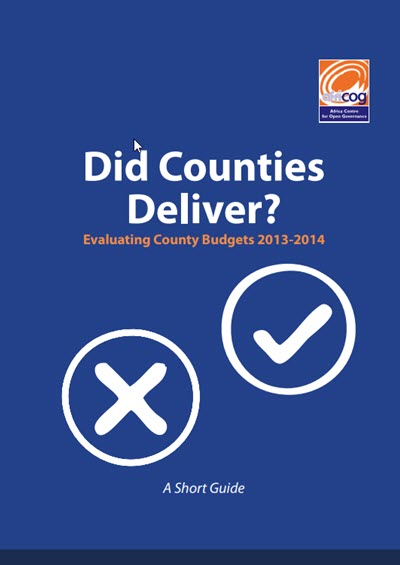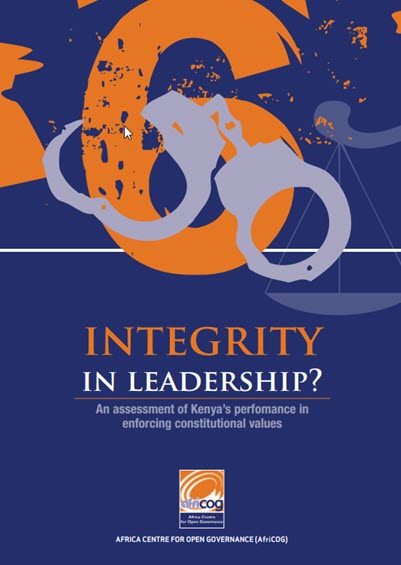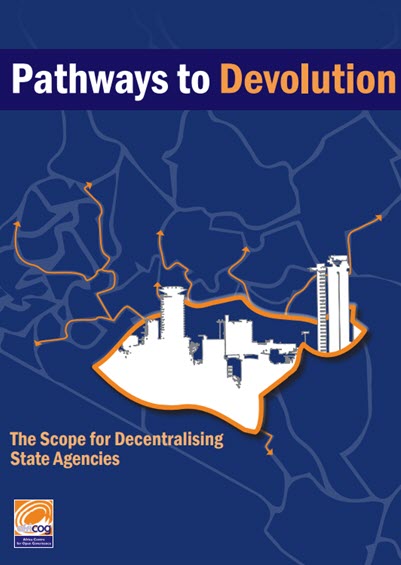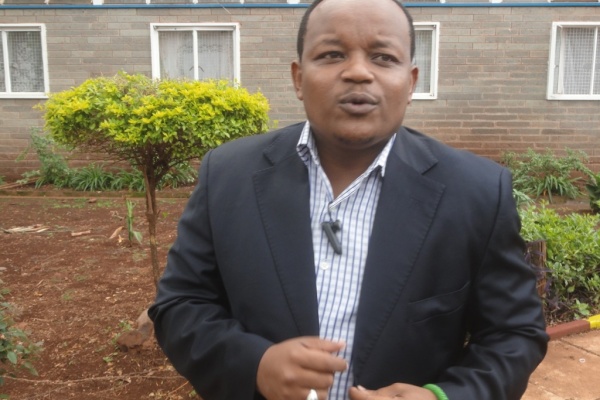No mature democracies, we are told, have ever fought a war against each other.
Although democracy promotion is seen as the surest path to world peace and security, democratic transitions have given rise to instability rather than peace.
Here, the declaration of an election is becoming more and more like a declaration of war.
Mr Raila Odinga’s recent unilateral declaration that Kenya will go to a third poll in less than a year on August 2018 has the potential of heightening tension.
A week ago, this column highlighted the emergence of Africa’s peculiar “deep state” with its elements deeply embedded in civil society, media, Judiciary and even national security as one factor pushing emerging democracies to the brink of war (SN, February 4, 2018).
JUDICIARY
The increasing use of judicial systems as weapons of political conflict has given rise to a new form of warfare popularised as “lawfare” — itself a portmanteau that blends law and warfare.
Although the term lawfare is yet to enter public debates on democratic peace in Africa, the phenomenon is profoundly transforming judiciaries into weapons in the hands of political strategists.
Not surprisingly, the concept has increasingly become a subject of numerous academic works, including Lawfare: The War Against Free Speech (2011) by Brooke Goldstein and Aaron Eitan Meyer and Lawfare: Law as a Weapon of War (1st Edition, January 2016) by Orde Kittrie.
Indeed, after President Donald Trump’s election in 2016, the hitherto little known Lawfare blog, established on September 2010, has become a necessary read.
Like terrorism, lawfare waged in courts is a form of asymmetrical warfare and part of what has been theorised as the “Fourth-generation warfare” (4GW) — defined simply as conflict that blurs the line between war and politics, combatants and civilians.
SELFISH INTERESTS
In an influential 2001 paper, General Charles Dunlap, currently the Executive Director of Duke Law School’s Centre on Law, Ethics and National Security, defined lawfare as “the use of law as a weapon of war”.
Governments are the targets of this asymmetric warfare, which primarily seeks to use the legal system to damage or delegitimise an enemy, tie up their time or to win a public relations victory.
While lawfare warriors project themselves as victims of residual authoritarianism, their aim is never a pursuit of justice but a counterproductive perversion of the law through the abuse of the judicial system to undermine the very principles they claim to fight for: The rule of law, the sanctity of innocent human life, and the right to free speech.
As the newest feature of 21st century combat, lawfare signifies an effort to “exploit democratic values to defeat new democracies”.
It thrives on legal principles dishonestly and strategically to “handcuff the state”, in many cases succeeding in delegitimising the state’s right to defend itself or to crack down on rebels and anarchists.
THE HAGUE
Ironically, the blissful rise of universal jurisdiction in the 21st century has also created new arenas of lawfare.
As the cases of Kenya, Libya, Sudan and Ivory Coast have shown, The Hague-based International Criminal Court (ICC) has morphed into a trident weapon of manipulative politics in the hands of former colonial powers rather than an instrument of democratic peace and justice.
In Kenya, the country’s extensive Bill of Rights as the hallmark of the country’s 2010 constitution, one of Africa’s most liberal, has been manipulatively deployed by human rights fundamentalists to advance partisan politics and undermine state security.
Over the last one decade, opposition parties such as ODM in Kenya have adopted the state of the art technology and honed strategies in modern information warfare as part of its lawfare edifice.
After the 2007-2008 post-election dispute, ODM hardly used lawfare as a political strategy, preferring street protests arguing that the courts were under the thumb of the Government.
CIVIL SOCIETY
This position changed radically after the March 2013 election.
Since the 2013 elections, the courts and the law increasingly became important arenas of political struggle.
Pro-opposition civil society groups have used lawfare tactics to delegitimise the government, make it unworkable or tie down its time.
Organisations such as AfriCog championed the ICC case against the ruling Jubilee leadership.
Ahead of the 2017 election, they filed a barrage of cases in courts against the Independent Electoral and Boundaries Commission (IEBC) that targeted various aspects of the electoral process including tallying and announcement of results, voter identification gadgets and the voter register.
By August 2017, Kenya’s lawfare warriors in the human rights wing of civil society and opposition operatives had lodged no less than 200 legal suits against the IEBC.
IEBC UNDER SIEGE
On July 19, civil society activists sued the IEBC over the procurement of the Biometric Voter Register (BVR) gadgets.
At the start of July 2017, a month before the election, IEBC was facing 20 cases filed in courts by the opposition and allied civil society extremists.
A few days before the election, AfriCog sued IEBC over the voters’ register.
Shortly after the election, human rights organisations announced that they would file a petition against the election of President Uhuru Kenyatta for a second term with 54 per cent of the vote.
The Supreme Court’s ruling on September 1, 2017 that annulled President Uhuru Kenyatta’s electoral victory in the August 8, 2017 poll brought lawfare to its acme.
It also unveiled the capture and weaponisation of Africa’s judiciaries by elements of the deep state as the salient feature of lawfare.
SECURITY
Lawfare has intensified in the aftermath of the January 30, 2018 “swearing-in” of Odinga as “people’s president”.
In reversing this trend, Kenya has had to make hard national security choices to ensure stability.
Lawfare by opposition and allied civil society is gradually pushing the state to increasingly use hard power in the crack down against the masterminds of the illegal “oath”.
Universal jurisdiction, Henry Kissinger once opined, risks “substituting the tyranny of judges for that of governments”.
Lawfare is the best expression of the emergent phenomenon of opposition authoritarianism behind Kenya’s 2017 post-election rebellion by Odinga’s National Resistance Movement (NRM).
However, it will take more than hard power to secure democracy from the vagaries of lawfare.
It has to harness the combined technologies of “soft power” (“ability to affect others by attraction and persuasion”) and “sharp power” (communication strategies warfare).
Prof Kagwanja is former Government Adviser and currently Chief Executive of Africa Policy Institute
